Narrating our Pasts: The Social Construction of Oral History
This study looks at how oral histories are constructed and how they should be interpreted, and argues for a deeper understanding of their oral and social characteristics. Oral accounts of past events are also guides to the future, as well as being social activities in which tellers claim authority to speak to particular audiences. Like written history and literature, orality has its shaping genres and aesthetic conventions and, likewise, has to be interpreted through them. The argument is illustrated through a wide range of examples of memory, narration and oral tradition, including many from Europe and the Americas, and with a particular focus on oral histories from the Jlao Kru of Liberia, with whom Elizabeth Tonkin has carried out extensive research. Tonkin also draws on and integrates the insights of a range of other disciplines, such as literary criticism, linguistics, history, psychology, and communication and cultural studies.
{{comment.content}}
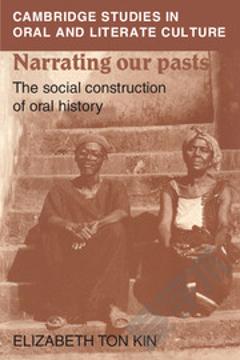


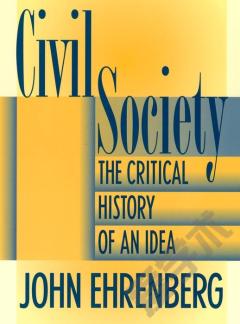
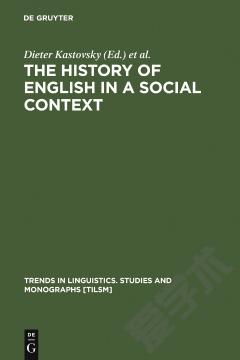
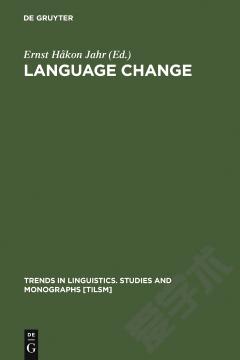
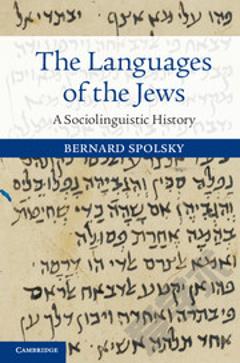

 京公网安备 11010802027623号
京公网安备 11010802027623号